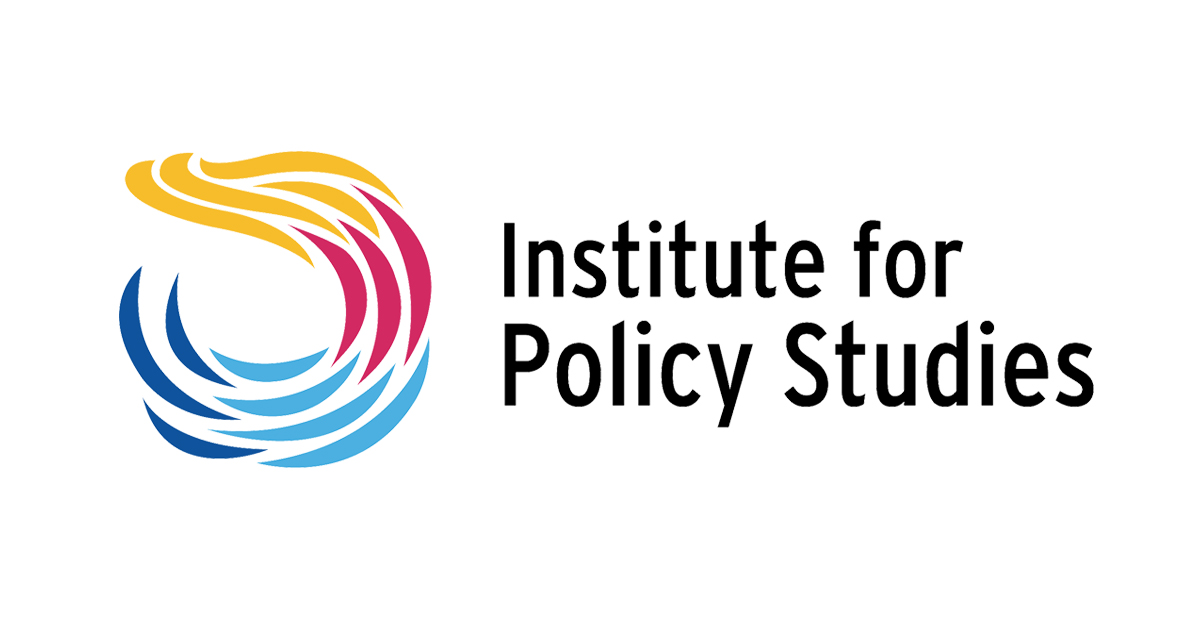Washington, D.C. — On October 7, 2021, the White House announced the release of more than 20 Federal Agency Climate Adaptation and Resilience Plans. In response, expert Basav Sen, Director of the Climate Policy Project at the Institute for Policy Studies, released the following comment:
“The federal interagency plan on climate threats and adaptation underscores the severe threat of the climate crisis. As we’ve seen with the devastating heat waves, wildfires, and floods this past summer, the climate crisis is already a public emergency. This plan shows the Biden administration’s unrealistic and inadequate response to climate change.
On one hand, we have 23 federal agencies warning of dire impacts on our food supply, water and sanitation, housing, health, and every aspect of our lives because of runaway climate change. On the other hand, we have the same government — and indeed, some of the same agencies, such as the Departments of Energy and the Interior, the Environmental Protection Agency, and the Army Corps of Engineers — handing out leases and permits for destructive fossil fuel projects, or subsidizing unproven techno-fixes that allow fossil fuel use to continue.
Adaptation to climate change is undoubtedly needed, but there are limits to adaptation. As a society, we need to prevent the severe outcomes outlined in the plans released by the 23 agencies to the greatest extent possible, and that starts with making a credible plan to phase out fossil fuels and with a just transition for communities and workers. But the Biden administration appears unwilling to let go of the United States’ position as the world’s largest oil and gas producer, and the consequent short-term strategic advantages for the United States.
Specifically, parts of the Department of Homeland Security’s climate adaptation plans raise serious human rights concerns. DHS acknowledges that ‘environmental degradation ‘can drive’ sudden and large-scale, crossborder mass migrations.’ Their proposed response, however, treats this as a security crisis for the United States, rather than as a human rights crisis for displaced people. It is loaded with militaristic language about how to ‘prevent, deter, prepare for, respond to, and recover from an actual or potential maritime mass migration.’
This is utterly reprehensible. As the world’s largest cumulative greenhouse gas emitter — and therefore, the country with the greatest degree of responsibility for the climate crisis — it is incumbent upon the United States to provide shelter and safety to people trying to survive the effects of our own destructive, fossil-fueled economy. The DHS approach to climate-driven displacement is the moral equivalent of an arsonist burning down a house and then refusing shelter to its residents.”
Sen is available for comment or interviews. Contact Olivia Alperstein at olivia@ips-dc.org or (202) 704-9011.
About the Institute for Policy Studies
For nearly six decades, the Institute for Policy Studies has provided critical research support for major social movements and progressive leaders inside and outside government and on the ground around the United States and the world. As the nation’s oldest progressive multi-issue think tank, IPS turns bold ideas into action through public scholarship and mentorship of the next generation of progressive scholars and activists.
###
